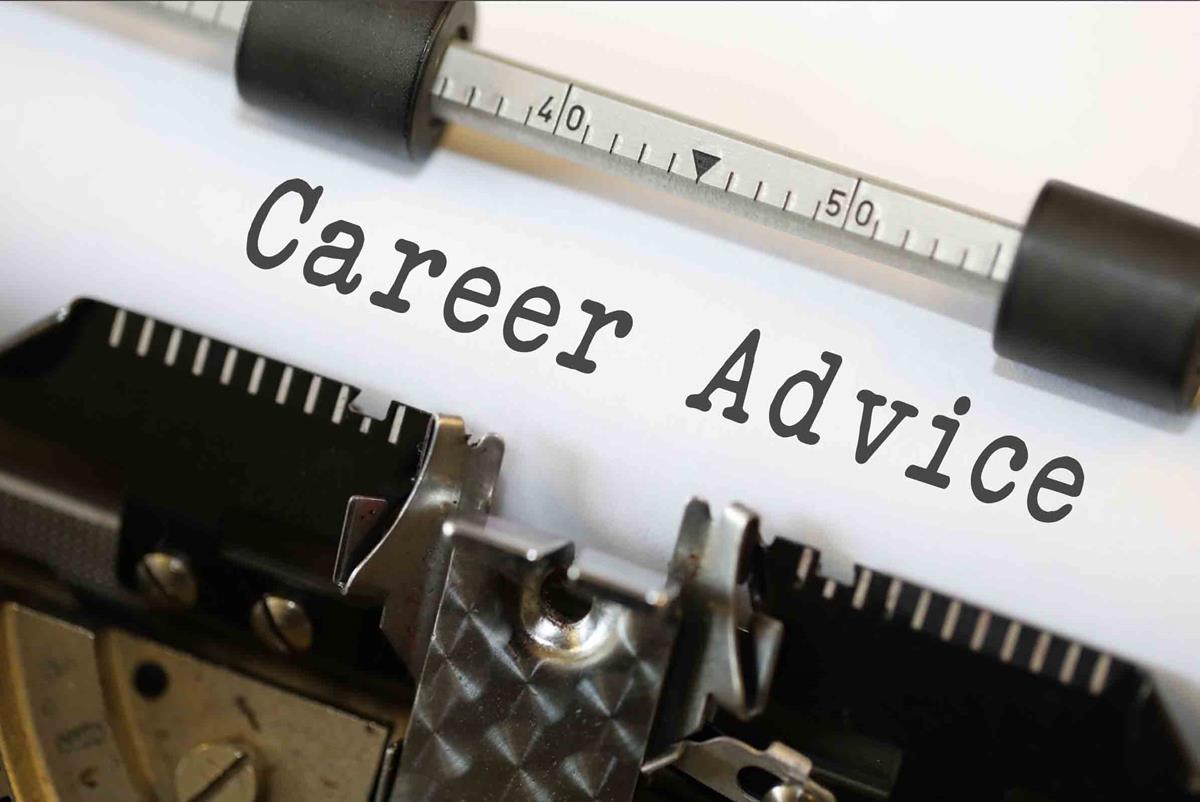This blog is a follow-up to My Data Journey which details the steps I took to find a career in data. As I wrote in that blog, I’ve had lots of help over the last ten years in transforming from a Mutual Fund Accountant to a Real Estate agent to a Data Consultant. I’ve spent time doing recruiting, working with hundreds of recruiters, and going on many interviews. Below are my tips for working with your network, getting an interview and landing the job.
Work your network to find a career in data

In Real Estate, the name of the game is location location location. When looking for a job, it’s network network network. The word networking can be intimidating to many people. To some, it may conjure up images of a social happy hour where you need to strike up conversations with strangers. For others, it may be a tall task asking for help from your connections. In your career search, networking is a simple ask for help. Growing up in the digital age, that means hanging out on LinkedIn. Your goal is to find professionals in the job you want, at the company you want, or maybe both and working on an introduction. Let’s say you want a job as a Data Analyst at Acme Data. Get on LinkedIn and click “people who work at Acme Data”. Then, when you find an analyst there, maybe you get lucky and it’s a mutual connection. If so, it’s a quick note to your mutual connection.
“Hey, how do you know Jane over at Acme Data, can you introduce me?”
If you don’t have a mutual connection don’t fret. It’s flattering to be recognized as an expert in your field. That’s why people typically enjoy an email or inmail about their career! Try to find an email address if you can otherwise, an inmail is fine. Send along the following message and you’ll be networking in no time!
“Hi Jane, I’m looking at roles at Acme company. I noticed you’ve had a successful career there. I’m interested in analyst positions there. Could I take you to coffee or lunch to learn more about your experiences at the company?”
That’s it! Just make sure you pick up the tab, it’s a small price to pay for the 30min/hour that people are giving you.
You won’t get a job by just hitting apply
The most eye-opening thing I learned while doing IT recruiting is how quickly a large volume of applications are received for every posting. It can be infuriating submitting application after application and only getting canned emails or no response at all. Let’s put the process in perspective. Before the digital age, you would type up a resume, mail it or hand deliver it, wait a few weeks, follow-up, and hopefully get an interview. The process would take weeks, if not months. In the digital age, applications are submitted electronically and show up in the inbox of HR. How is it then, that an application can go weeks without a response?
Email rule: Auto Delete
The fact is that in our litigious society, HR has to follow a very rigorous process. Because of that, it’s possible that job postings are done as a formality. Your application may not even be viewed if the job has already been promised to someone. That’s probably an exception and not the norm, but it highlights why you can’t simply submit an application and hope to hear. My advice is to connect with the hiring contact before even considering an application. As outlined above, leverage your network to get a conversation with the manager or HR rep.
“I’m interested in the analyst position, can you tell me what’s most important in the role?”
If you connect with the manager, let them know you’ll be applying. More times than not, they will reach out to HR and tell them to look out for your application. Talk about getting your resume to the top of the stack!
You need 100 resumes
Crafting a resume can be a very personal thing. You have to decide the most important things you know, what you accomplished in your roles, writing in past tense vs present tense, and that’s all before you even consider, design, layout, and font! This blog is not about tips to build a better resume; there are 9 trillion websites for that. When you do build and distribute that resume you will likely feel as though your finely crafted piece of art will shine in front of anyone who picks it up. The reality is that when a company opens up jane_doe_analyst.pdf, they will spend less than 10 seconds scanning it for what they are looking for. Because of that, you need to tailor your resume to the job description! Let’s say the job description reads: “Designs and develops reports to help make business decisions”. If your resume reads “Created dashboard in tableau used by executives”, change it to “Designed and developed reports using tableau that drove business decisions”. With that, in those 5 seconds of scanning your resume, it will catch the eye of the reviewer.
Nail the Interview
So you worked your network, you got your resume viewed and now you have scheduled an interview. This is probably the most nerve-racking part but it doesn’t have to be!
“>His palms are sweaty, knees weak, arms are heavy
There’s vomit on his sweater already, mom’s spaghetti
He’s nervous, but on the surface he looks calm and ready
To drop bombs, but he keeps on forgetting
What he wrote down, the whole crowd goes so loud
He opens his mouth, but the words won’t come out”
Wake up on time, know where you are going, avoid traffic and be early, know your stuff, what kind of questions are going to be asked, make sure your weaknesses are your strengths, ask great questions. It’s a lot to prepare for but doesn’t have to be hard. I used to think I needed to prepare for the questions that were going to be asked. It became an exercise in reciting what I thought managers wanted to hear. Now, I just make sure I know my background in and out. The most important thing to convey in an interview iswhy you want the job. Whatever your why is, it’s very personal to you.
Why do you want this job?
Some people’s why is money, some seek stability, while others want good benefits and PTO. There is no wrong answer, just be clear on what it is. If you can’t explain why you want the job and why you are leaving your current one, you are going to struggle. It sounds cliche, but you are interviewing them as much as they are interviewing you. If stability and money are important to you, but you find out in the interview that management is constantly changing and salary never goes up, well then that’s not the right job for you. If growth and opportunity are important to you and you find out that people usually get promoted up or out of the position you are interviewing for, then maybe it’s a match. Whatever the case is, know why you are leaving your company and why you want the role you are interviewing for. After that, all the skills, accomplishments, strengths and weaknesses fall into place.
Why does this company want you?
The other thing to convey is why your background is a good fit for the company. For example, when I networked and applied with Royall and company, I found out they needed someone with technical skills as well as client facing skills. In the interview, I made sure to highlight my sales career and how I take care of clients. Then, I highlighted my passion for data and why I wanted to use the tools and skills the role demanded. If I just came in saying my greatest weakness is that I simply care too much about my work, I don’t think I would have landed the job. Again, be clear on your why, and what in your background makes you the perfect fit.
Thank everyone who helped you along the way

This part is so crucial that I wish I could have put it at the top of this blog, in size 72 font and bolded…and maybe underlined. When you leverage your network, it is vital to follow-up and thank them for the connection. These simple thank you’s go a long way. When people help you, they’ve invested in you via their relationships, don’t let them down.
“Sally, thanks for connecting me with Julie, we met for coffee and she was so generous with her time and telling me about the job. I’m going to apply”
“Melissa, thanks for referring me to the job at Acme, I just applied and they are going to look out for my resume. Please let me know if I can help you in any way”
“Follow these rules you’ll have mad bread to break up” - Biggie Smalls -
I hope that this blog post was useful to you and it helps you in your career. I plan to continue to use these skills as my career progresses. Have these tips helped you? Is there something I’m missing that I should add? Feel free to reach out or comment below!





Comments